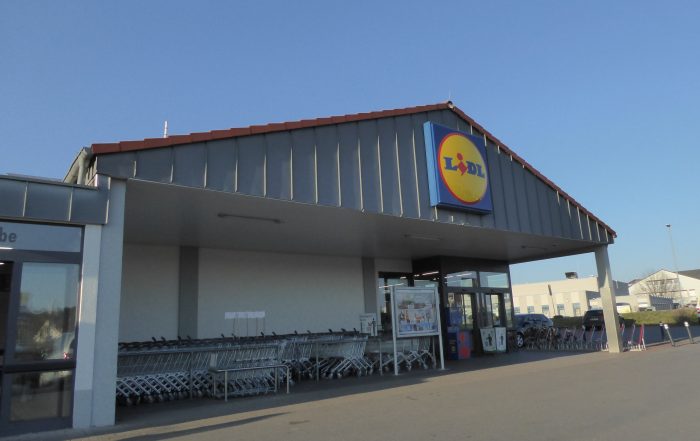While the market for full-range food suppliers is in transition and characterized by topics such as the acquisition of Kaiser’s / Tengelmann and the planned sale of real, food discounters are sailing in calm waters. As a result of the price sensitivity of German consumers, the five major competitors generate stable turnover and pursue moderate, but steady, growth. Retail properties enjoy growing popularity with investors, not in the least due to this stability. This applies particularly to specialty retail centres and discounters which still generate comparatively high returns in an investment environment characterized by further declining returns.
Specialist stores as an investment class are currently more sought after than ever before, which leads to a noticeable decrease in returns. In contrast to the purchasing prices, which have been increasing for years, the average rents in the food discount sector show a lateral movement and are on a lower level since 2010 compared with the years 2004 to 2009. However, adjusted for inflation, the rental fees decreased since 2000 whereas a slightly increasing trend was noticeable again within the last two years.
In the first edition of the Trend Report Food Discounters of 2012, we already reported about the current market developments as well as real estate-specific items like rental price ranges and rates of return. Additional to an update of the development of rental and purchase prices the new edition of the Trend Report goes into the blurring lines between food discounters and full-range food suppliers.
For further information, request the Trend Report Food Discounters 2016 for free









